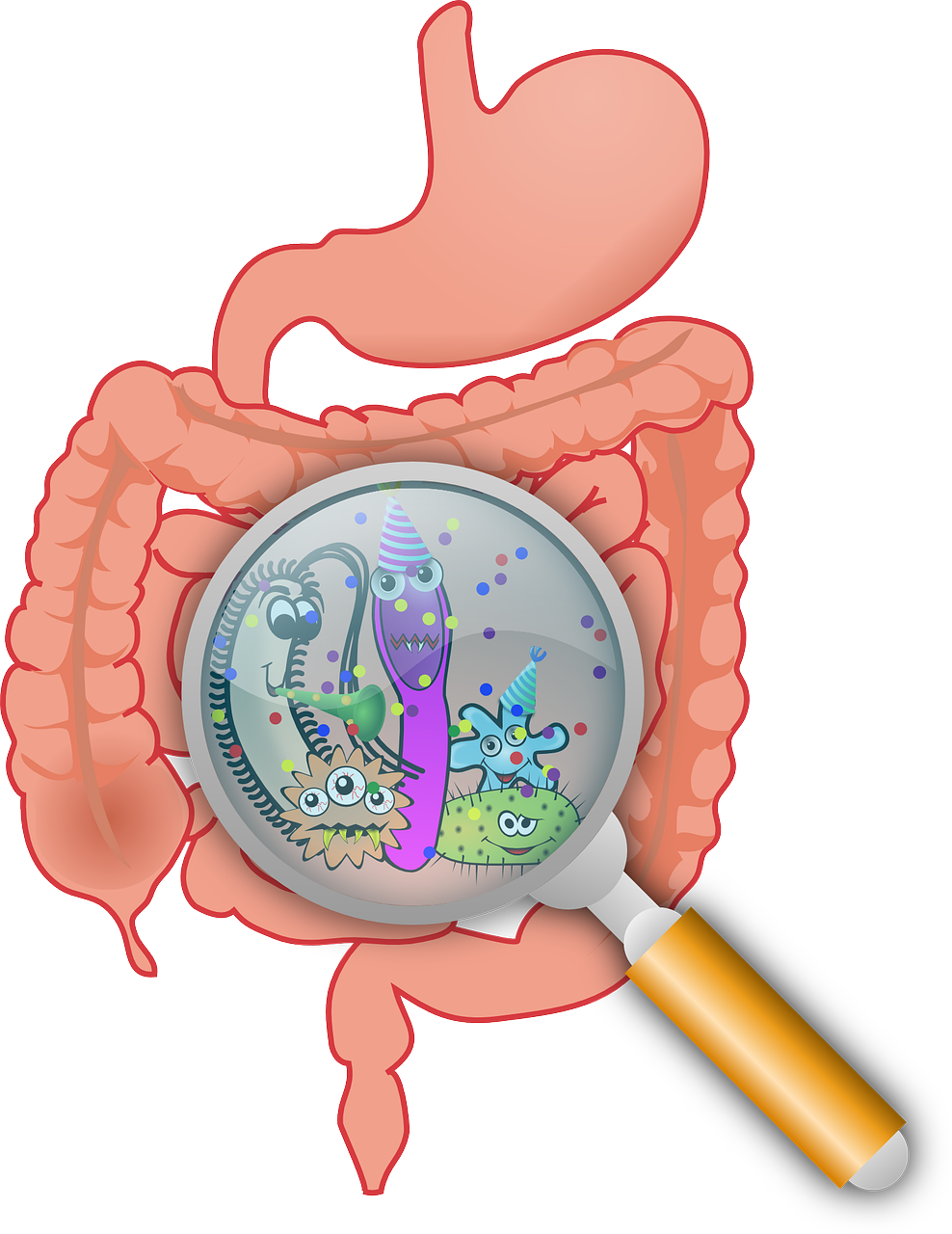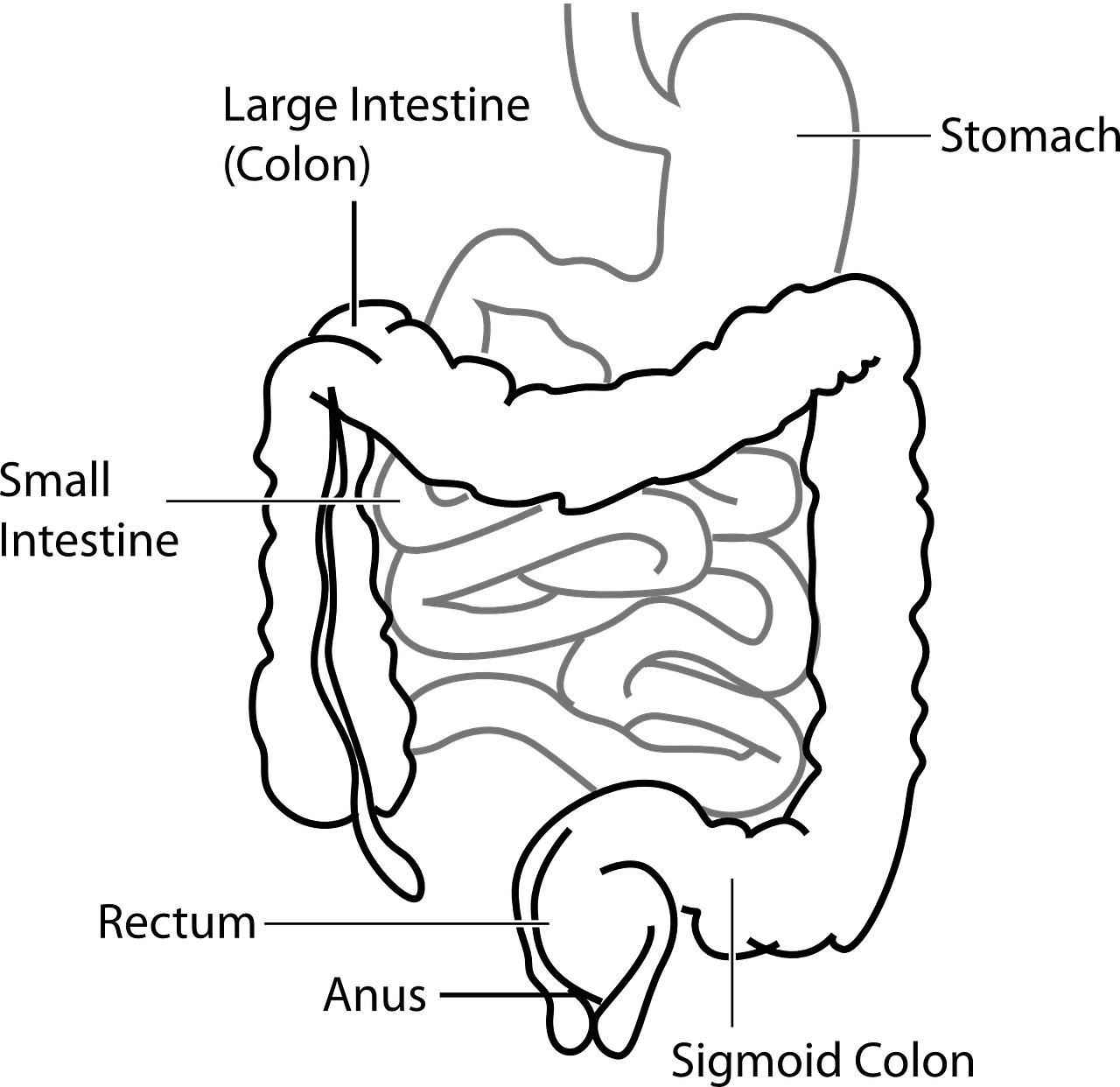What is Post Infectious IBS?
Post Infections IBS Explained
Post Infectious IBS and Recovery Gone Wrong
When we have inflammation anywhere in our body it is there to first prevent further damage and then repair any damaged tissues. The typical process for inflammation is that there is some insult to the tissues that creates the inflammatory cascade. The cascade of events starts with the immune system getting triggered to come in and wall off the area. The next event is to work on repair of the involved tissue.

Built within this cascade of events is a shutoff valve or down regulation of the repair process. You see during repair process, the white blood cells are breaking down and getting rid of the old damaged tissues. If it goes on too long the white blood cells can damage some of the new repaired tissues. This can re-trigger the same cascade again. This is what happens with chronic inflammation wether it is in your intestines or your joints. The natural shut off processes or down regulation is not getting triggered. This is the current thinking on why chronic inflammation occurs after the trigger is removed.
Of course if there is some chronic pathology still present triggering the inflammation that would be a problem too. Like with a knee injury that does not get proper time to heal from continued running on the knee.
So instead of inflammation, repair, and then shut off, the process becomes more circular. You have inflammation, repair, inflammation, repair and inflammation again. When you have chronic inflammation in the intestines what happens is the gap junctions (spaces between the cells) open up. The cells in the intestines are connected by gap junction protein. The proteins allow the cells to move away from one another or further apart.
When you have inflammation the proteins open up and allow water from inside the body to come into the intestines through the gap junctions. This is helpful because this process will push out the offending agent that is triggering the inflammation. This is why many of these infections cause diarrhea. When your immune system detects inflammation in the intestines it triggers the gap junctions to open up.
When the inflammation is chronic these gap junctions get broken down and degraded. This can be a problem if they don't get repaired properly and they stay open. This allows for other foreign invaders to try to enter into the body. This then triggers more inflammation. This process of broken and poorly repaired gap junctions is referred to as Leaky Gut Syndrome.
So basically when you have this chronic inflammation you have chronic leaky gut and you need to repair that process first. You also need to know what the trigger was to begin with and make sure that trigger has been taken care. The moral of the story is the chronic inflammation is causing post infectious IBS because your body hasn't really recovered properly.
Post Infectious IBS and Your Microbiome
The other thing that can occur with post infectious IBS is disruption in your microbiome. The good bacteria that sit in your digestive tract are close to the surface of the intestinal cells. These can get thrown out of balance in a few different ways.
So the first thing is remember that most of the good bacteria are in the large intestines not the small intestines. When you get enteritis it could be in the small or large intestines but typically in the small intestines. The reason the microbiome gets imbalanced from this is because some of the good bacteria got swept away by the ongoing diarrhea. Also they may be having trouble repopulating the colon because of diet changes made since the infection. These good bacteria act as part of the anti-inflammatory signals to the immune system and the digestive cells. When there's imbalance there that can also re-trigger or prolong the inflammation.
Sometimes people are just nutrient deficient and certain things that aren't allowing these cells to recover or that gap junction proteins are not able to recover properly because of nutrient deficiencies.
If you have IBS or post infectious IBS and struggle to get your digestion back to normal, click on the link below for a customized plan to improve your digestion naturally.




















